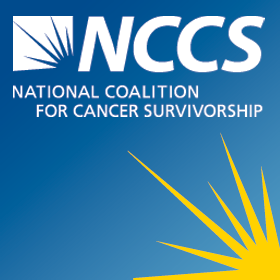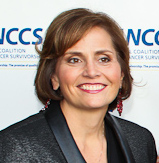Medicare Proposal to Cover Advance Care Planning Conversations Marks an Important Step toward Patient-Centered Care
Last week the Centers for Medicare & Medicaid Services (CMS) announced plans to support Medicare beneficiaries by reimbursing doctors for advance care planning beginning in January 2016. The proposed codes would reimburse for discussions about an individual’s wishes, should he or she becomes too ill to make decisions, and for the completion of an advance directive.
We believe CMS’ proposal to reimburse for advance care planning is an important step toward providing patient-centered care that respects people’s wishes at the end of their lives. We know there is a disconnect between how people die—often in the hospital with aggressive treatment—and what people most often report they want at the end of life—to die at home, surrounded by loved ones. One reason is the failure to have difficult discussions about values and preferences for care at the end of life. There are a number of reasons these discussions don’t happen, one of which is that the discussions can be lengthy, and physicians do not have enough time under the current reimbursement mechanisms. Medicare’s new payment proposal is an incentive for providers to have these important conversations in a compassionate and patient-centered way.
The advance care planning code is one of several services CMS has proposed in recent years to reimburse for important cognitive services that are essential to improving the quality of care patients receive. Previous proposals include transitional care management code, for managing discharge from the hospital or other qualified setting, and a chronic care management code, for non-face-to-face care management for certain beneficiaries. These codes are important but not sufficient to meet the needs of cancer survivors.
This is why the National Coalition for Cancer Survivorship (NCCS) has long advocated for cancer care planning, at diagnosis and at major transition points during treatment and survivorship. The recently introduced Planning Actively for Cancer Treatment (PACT) Act (H.R. 2846), would create a Medicare service for cancer care planning. The planning service could be provided to patients at the time of cancer diagnosis, at the end of active treatment and beginning of long-term survivorship, and when there is a significant change in treatment. The cancer care planning process will produce a written plan of care provided to the patient for use in managing care. The PACT Act would provide reimbursement for this service, which is important to patients but is not standard practice because current reimbursement mechanisms do not support the time required by physicians and the care team to complete a thorough cancer care planning process.
Cancer care planning is distinct from advance care planning, and in our view, many cancer patients, particularly those with advanced or metastatic cancer, need BOTH services as part of their care. Cancer care planning needs to happen early, beginning at diagnosis, and should include a discussion of the intent of treatment. A truly patient-centered treatment planning discussion prepares the way for a more productive advance care planning experience.
Both advance care planning and cancer care planning require patient involvement in the decision-making about their care. These discussions can be difficult, and both physicians and patients need help to have those conversations. There are efforts to train physicians to have meaningful conversations with patients. NCCS has developed tools to help prepare patients to be engaged in decisions about their care and to express their values and preferences. We also encourage patients to assert themselves in requesting cancer care planning and shared decision-making.





